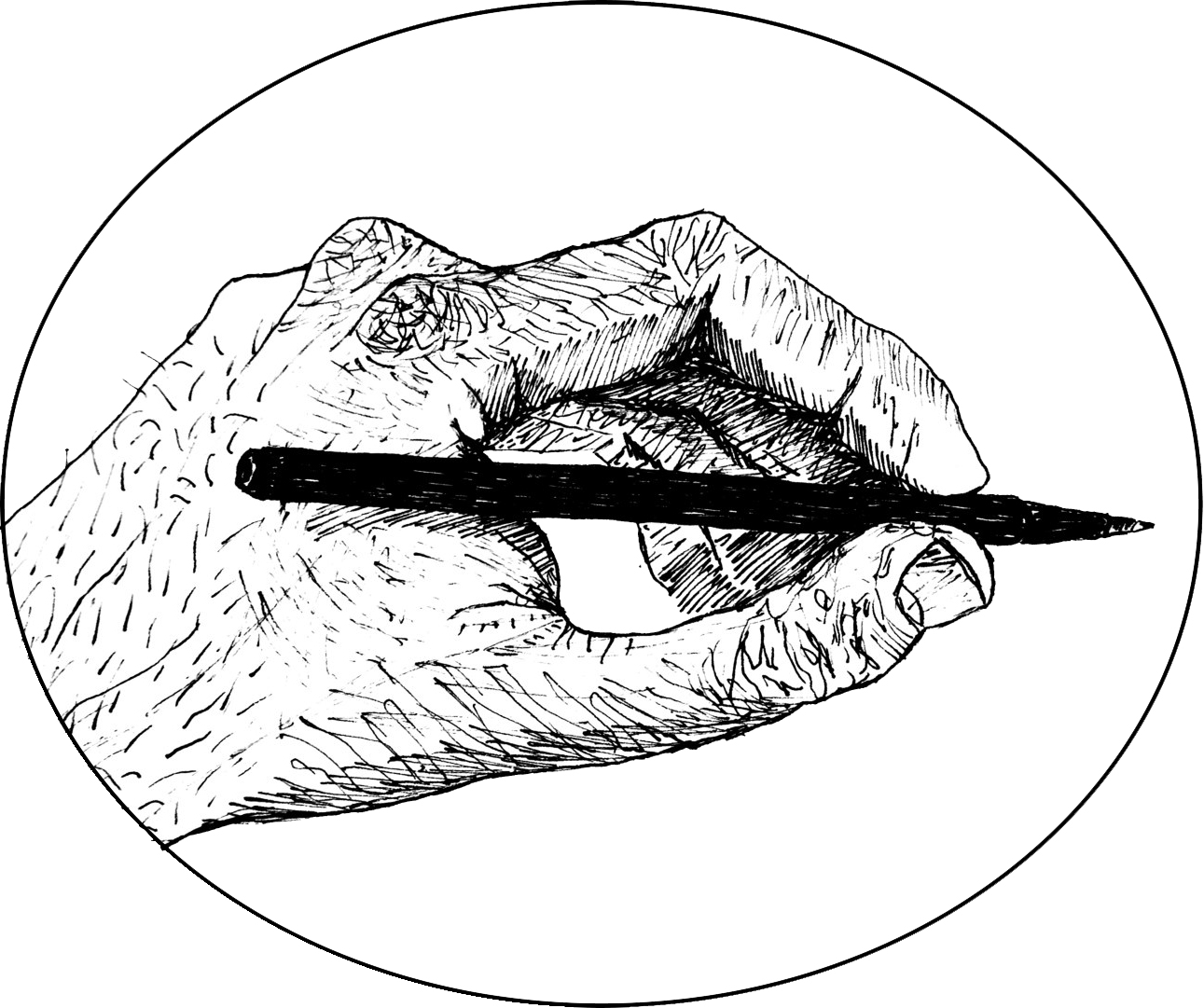In 1996 during the Clinton administration National Poetry Month was placed in April following our country’s observance of Black History Month in February and Women’s History Month in March. Why April for poetry? One can recall Eliot’s opening line of The Waste Land (‘April is the cruellest month’) and Chaucer’s first words in his General Prologue to The Canterbury Tales (‘Whan that April , with his shoures soote’) as well as the tradition which unites those two works, the centuries of celebration in Christianity of the Resurrection, to understand the place that the great month of April holds not only for poetry but our culture here in the West.
For all of us on the Eastern seaboard, it also seems that April is the month in which Spring has finally arrived and winter lay behind! Not as cruel as Eliot’s reckoning.
This can be a time to turn our reflective faculty of observation to the making, reading, distributing and reciting of poetry, whether it be traditionally “Western” or not, in schools, homes, public spaces and wherever forms of media are shown or heard. The first reading took place April 9th of 1996 at the Library of Congress with then U.S. Poet Laureate Robert Hass and poets Rita Dove, Anthony Hecht, Mark Strand, as well as Carolyn Forche, Linda Pastan, and our current Laureate as of 2014, Charles Wright. Many other readings and events were planned and held across the nation for the beginning of this new month-long observance.
In 1996 I was a boy of 11, soon to turn 12 on the 30th, and at the time I had probably written some poems as an exercise in middle school English. My call to poetry as an art would come two years later when I composed “Leaves of Rebellion,” an allegorical poem seen in the seasonal changes of a tree, for my Speech & Writing course in Lewiston, NY. This poem satisfied the assignment and as a comfortable ‘B’ student I preferred to leave my efforts at “just enough to pass.” We had just moved across the country from Oregon and though we were now living in our first house as a family, I felt more despondent than ever with my new surroundings.
In this atmosphere I took my course, got my credits – but when two more poems were “needlessly” composed, over-achievement became a self-possessed obligation to create in this medium. I won’t leave any examples here for scrutiny, because the sorts of poems they were can be read in all the notebooks of the young since the Ancient Greeks or earlier: they were lovelorn, lonely things, bemoaning my family’s poverty, my introverted nature, an unrequited love, an intense dream, dark thoughts turned toward the end of life, and many more on these over-used and tired out subjects.
As all writers know after years of ceaseless activity, eventually a voice finds its way out and puts one’s situation in the world in writing which affords a fresh take on life. I reckon there is a connection between my disappointment of moving, losing friends, self-deprecation, and my subsequent growth of introspection, reflection and eventually a discernment that approaches a more objective light. There are too many examples from writers’ lives to claim this phenomenon to be uniquely mine! Poetry can end up re-constituting and re-making a life. Eliot knew this, and perhaps, so did Chaucer.
And so, looking toward my 30th birthday on the last day of this month of April, I look back at my life in poetry and keep my eyes ahead at life unfolding. For National Poetry Month, we can all find a moment each day to awaken ever so slightly to the vitality of poetry. There might just be in your school, at your neighborhood library or even in your own family, a child taking up their pen or pencil to the page to place in verse the feelings or images which have been whirling around inside them. Nurture this impulse with sharing poetry or just “be there” for them with your compassion. As much as my own work was been welded together with anger or sadness, they have been lifted up and formed convergences with the help of new friendships and loving words.


